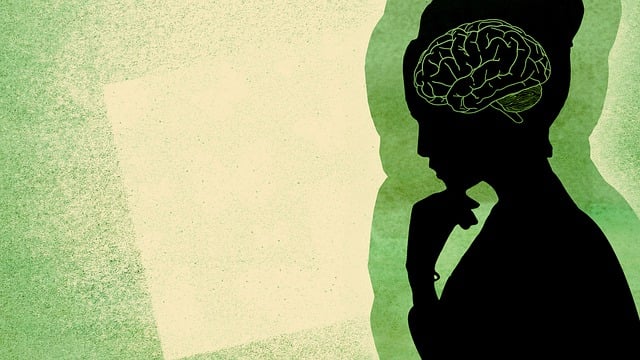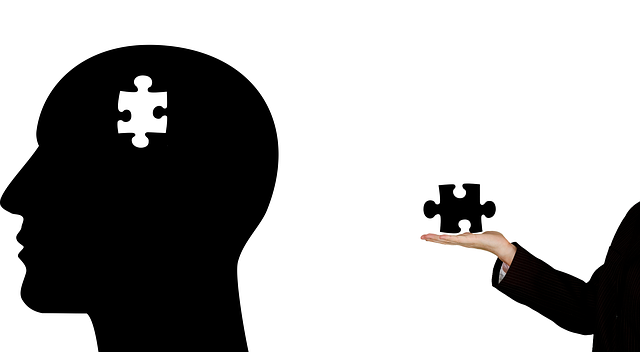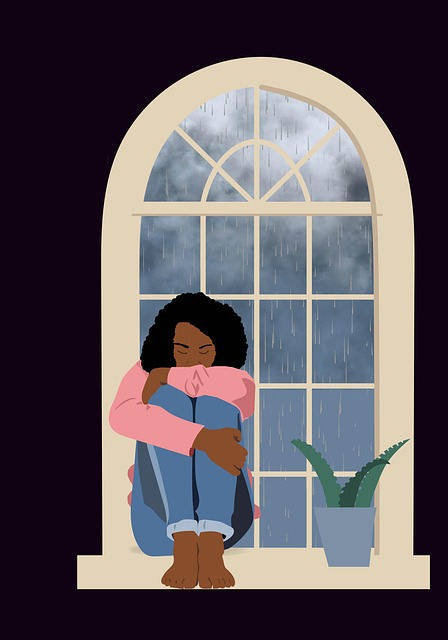As global populations age, focusing on mental wellness becomes critical, especially for elders within the LGBTQ+ community. The RFM (Recovery, Functioning, Maladaptation) framework offers a tailored approach to enhance resilience and improve quality of life. By addressing discrimination, incorporating mindfulness, and fostering belonging, therapy can be made more effective. Resilience-building exercises like meditation, deep breathing, and yoga significantly reduce stress, improve mood, and boost overall resilience for elders. RFM activities provide a safe space to process experiences, build emotional healing, and maintain mental health as they age, catering to diverse gender identities in therapy.
Resilience is a vital asset, especially within aging populations. This article explores the power of RFM (Resilience, Flexibility, and Mastery) as a transformative therapy for elders, addressing the unique challenges they face. We delve into the significance of understanding RFM in the context of an aging society and its potential to enhance well-being. Additionally, we examine the impact of gender identity on resilience building, offering specific exercises tailored for elders while highlighting the therapeutic benefits for individuals with diverse gender identities.
- Understanding RFM and its Relevance in Aging Populations
- The Impact of Gender Identity on Resilience Building
- Specific Exercises to Enhance Resilience in Elders
- The Therapeutic Benefits of RFM for Elderly Individuals with Diverse Gender Identities
Understanding RFM and its Relevance in Aging Populations

As populations around the world age, understanding and addressing mental wellness among elders becomes increasingly critical. Resilience, measured through RFM (Recovery, Functioning, and Maladaptation) scores, offers a valuable framework for evaluating an individual’s ability to navigate life’s challenges. This is particularly relevant in the context of therapy for elders, as it helps healthcare providers tailor interventions to meet their unique needs. RFM analysis can identify strengths and vulnerabilities, guiding the development of targeted strategies that enhance mental wellness and quality of life as individuals age.
The relevance of RFM extends beyond traditional therapy settings, resonating with various initiatives aimed at fostering resilience in aging populations. For instance, the Mental Wellness Podcast Series Production often incorporates empathy-building strategies inspired by RFM principles, empowering listeners to navigate life’s complexities with enhanced resilience. Similarly, Healthcare Provider Cultural Competency Training integrates RFM concepts to promote culturally sensitive care, ensuring that services meet the specific needs of diverse elders, including those from varied gender identities.
The Impact of Gender Identity on Resilience Building

The concept of resilience is often discussed with a one-size-fits-all approach, but it’s essential to recognize that gender identity plays a significant role in how individuals cope and build inner strength. In today’s world, where therapy for elders is becoming increasingly accessible, understanding these nuances can significantly enhance the effectiveness of resilience-building exercises. For older adults identifying as part of the LGBTQ+ community, resilience may look different due to historical and social challenges they’ve faced.
Resilience-focused therapy should incorporate tailored strategies to address unique experiences, such as discrimination or a lack of representation. Mindfulness meditation can be a powerful tool to help individuals cultivate present-moment awareness, manage stress, and enhance emotional regulation—all essential components for building inner strength. Additionally, communication strategies that encourage open dialogue about gender identity struggles can foster a sense of belonging and community support, which is vital for resilience.
Specific Exercises to Enhance Resilience in Elders

Resilience building exercises tailored for elders play a pivotal role in enhancing their mental well-being and quality of life. Simple yet effective practices such as mindfulness meditation, deep breathing exercises, and gentle yoga have been shown to significantly reduce stress levels, improve mood, and boost overall resilience in this demographic. These activities not only help elders cope with the physical changes associated with aging but also provide a sense of control and empowerment over their mental health.
For elders exploring therapy as a means to bolster their resilience, incorporating gender identity discussions can be transformative. Mental health professionals can facilitate these conversations by employing tailored stress reduction methods, such as cognitive-behavioural techniques, to help individuals process and resolve any related trauma or anxiety. By addressing self-esteem improvement through open dialogue and evidence-based practices, elders can enhance their sense of self-worth and resilience in navigating societal norms and personal challenges.
The Therapeutic Benefits of RFM for Elderly Individuals with Diverse Gender Identities

For elderly individuals, especially those with diverse gender identities, engaging in Resiliency, Flexibility, and Mastery (RFM) exercises offers a unique path to therapeutic benefits. RFM practices are designed to foster emotional resilience, helping seniors navigate the challenges of aging and societal perceptions. Through these exercises, participants can explore and challenge negative thought patterns, enhancing their ability to cope with stress and preventing depression.
This form of therapy encourages self-expression and adaptability, crucial aspects of emotional healing processes. By participating in RFM activities, elderly folks from all gender identities can find solace, build confidence, and improve overall well-being. It provides a safe space for them to process their experiences, fostering a sense of control and empowerment, which are essential components in stress reduction methods and maintaining mental health as they age.
Resilience is a powerful tool for elders, especially within diverse gender identities, to navigate the challenges that come with aging. By understanding RFM (Resilience, Flexibility, and Mastery) and its potential, we can enhance the lives of elderly individuals. The exercises outlined in this article offer practical ways to build resilience, fostering a sense of control and well-being. This approach, combined with therapeutic interventions tailored to gender identity, has the potential to revolutionize care for our aging population, ensuring they age gracefully and maintain their unique identities.














